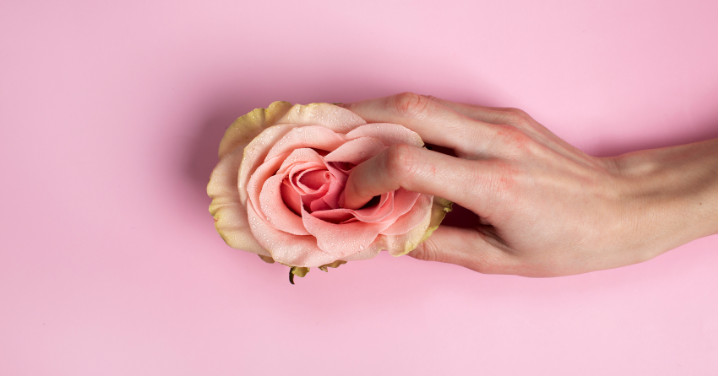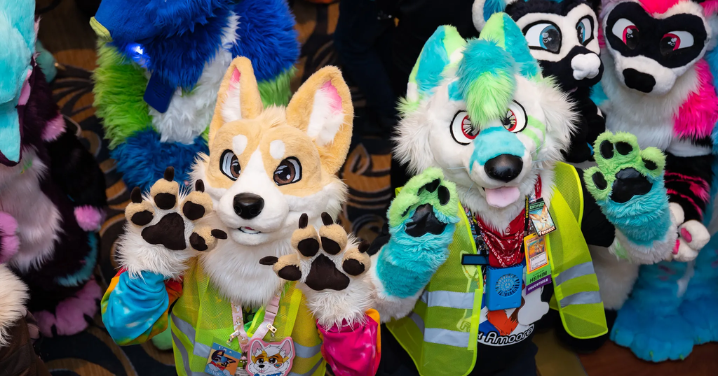
When most people hear the word aftercare, they picture kink scenes, ropes, and leather—followed by a cuddle and a warm blanket. And yes, in BDSM communities, aftercare is a well-established practice. But here’s the truth: you don’t need to be into kink to benefit from aftercare. You don’t even need to call it that. Because aftercare, at its heart, is about what happens after intimacy—and that matters just as much as what happens during.
Think of it this way: sex can be intense. It can stir up emotions, vulnerability, adrenaline, self-doubt, joy, closeness—all in the space of a few minutes (or hours, depending on your stamina and snack situation). Whether it was soft and sweet, wild and sweaty, or something in between, you’ve shared something real. Aftercare is about acknowledging that. It’s about checking in, offering comfort, and helping each other land softly.
And no, this isn’t just about wrapping someone in a blanket or fetching water—although those can be lovely gestures. Aftercare is any act of support, reassurance, or grounding that helps both people transition back into themselves after intimacy. For some, it’s cuddling in silence. For others, it’s talking, laughing, or even space. It might be sharing snacks, taking a shower together, or just lying there holding hands until the body settles.
The point is: it’s intentional. It says, “I see you. I’m still here. That mattered.”
And the beauty of aftercare? It can look however you want it to. You don’t need to script it. You just need to pay attention. Notice how your partner responds after sex. Do they get quiet? Energised? Teary? Sleepy? Ask them how they’re feeling. Ask them what would feel good now. Ask yourself the same. You’re not ruining the mood—you’re building trust.
For people who carry trauma, are neurodivergent, or feel particularly vulnerable after sex, aftercare can be a lifeline. But even without a complicated backstory, it’s still important. Because sex isn’t just physical. It’s emotional. It’s energetic. And sometimes, once the hormones settle, we can feel exposed. Checking in helps soothe that. It reminds you that your worth wasn’t tied to performance or perfection.
Aftercare is also a brilliant tool for deepening connection. It turns sex from a “thing we did” into an experience you shared. It encourages communication. It allows space for feedback, affection, and growth. And it builds a culture of care in your relationship—not just during high-intensity moments, but every day.
If you’re thinking, we’ve never done aftercare and things are fine, that’s okay. This isn’t about guilt or rules. It’s an invitation. Something to try. Something to ask about. You might be surprised at how comforting it feels to hear, “You good?” or “What do you need?” once the sweat has dried and the nerves have settled.
And yes, aftercare can—and should—be part of solo play too. If you’re exploring fantasies, working through emotions, or simply riding a high after a great session with yourself, take the time to check in. Drink water. Breathe. Wrap yourself up. Journal if you want to. You’re still worthy of care, even when it’s just you in the room.
So no, aftercare isn’t just for kink. It’s for humans. It’s for anyone who wants their sex life to be about more than physical release. It’s about respect. Attention. Gentleness. And trust.
Because real intimacy doesn’t stop when the clothes go back on. That’s often where it starts.



